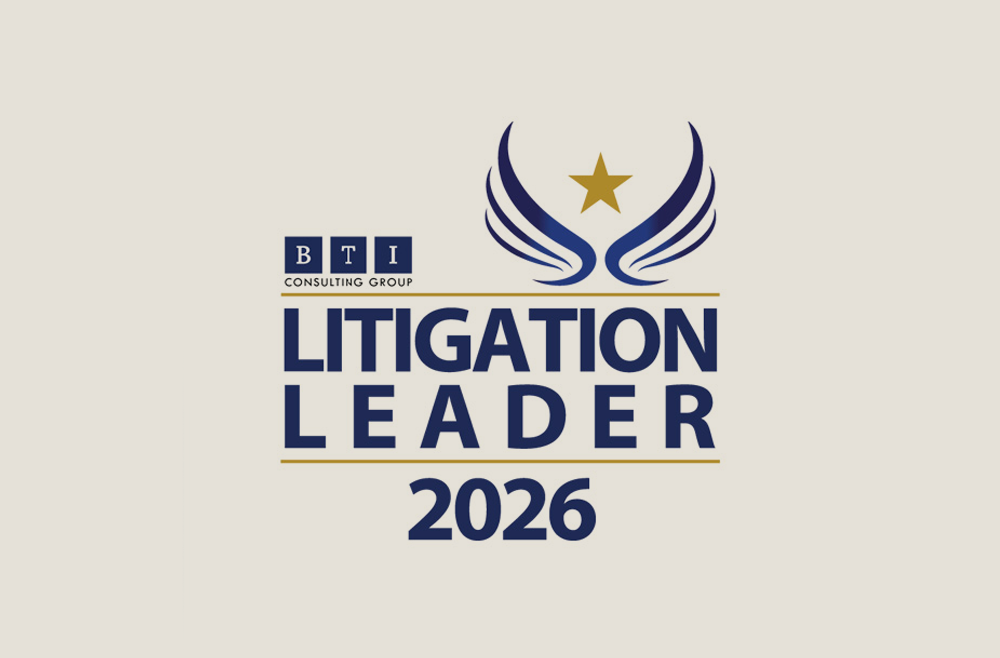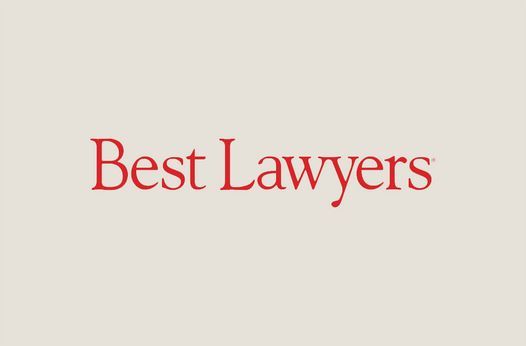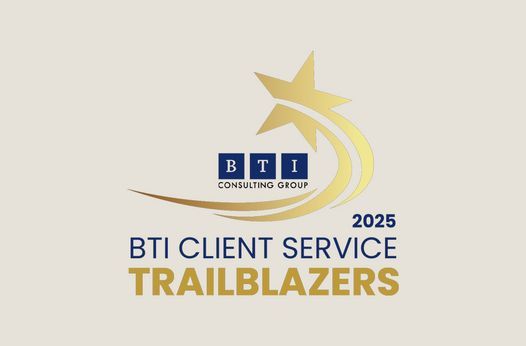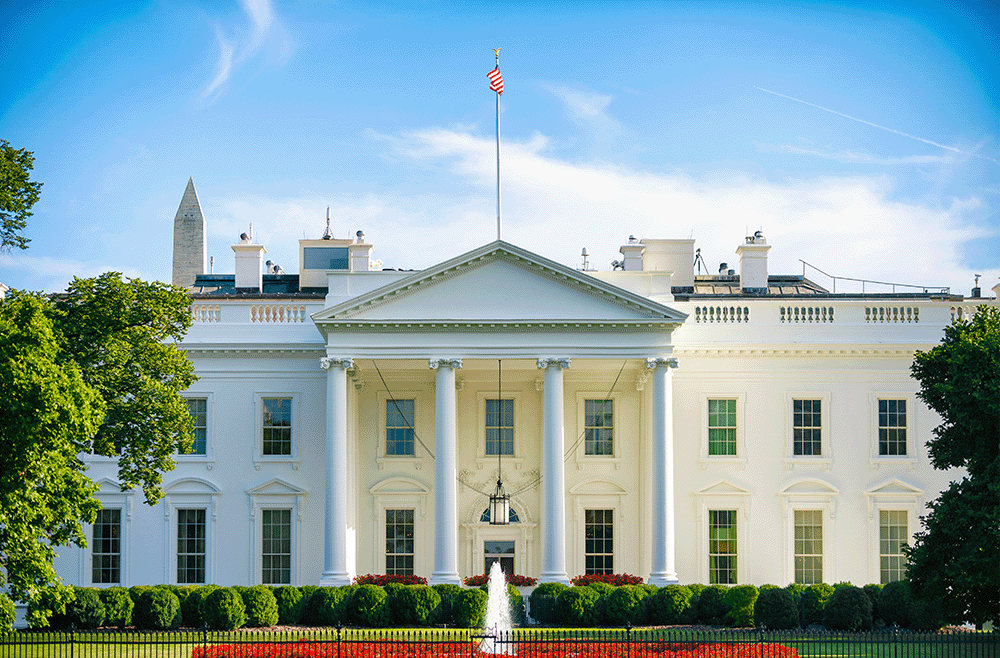ABA Provides Guidance for Permissible Changes to Attorney Fee Agreements During Representation
Lawyers for the Profession® Alert
Lawyers for the Profession® Alert | 3 min read
Aug 31, 2011
American Bar Association Formal Opinion 11-458: Changing Fee Arrangements During Representation (Aug. 4, 2011)
Brief Summary
The American Bar Association (ABA) issued a formal opinion that clarifies the circumstances under which an attorney may modify a fee arrangement during the course of representation such that the modification is most likely to be deemed enforceable and ethically permissible.
Complete Summary
The American Bar Association Standing Committee on Ethics and Professional Responsibility issued Formal Opinion 11-458, addressing when a change in an attorney fee arrangement is permissible under the ABA’s Model Rules of Professional Conduct. The formal opinion provides ethics guidance applying model rules that are generally mirrored in individual jurisdictions and commentary concerning the enforceability of modifications applying both legal ethics and common law contract principles.
The formal opinion notes that the lawyer as fiduciary bears a special burden to justify any change in an agreement midstream in the representation of a client. The change must be fair and reasonable to the client in light of changed circumstances, pursuant to ABA Model Rule 1.5(a) (prohibiting “unreasonable” fees), which is an objective standard based on the facts at the time of the modification. Unlike certain other types of contracts, the modification may not require additional consideration. The change also must be communicated and explained to the client, pursuant to ABA Model Rule 1.5(b) (lawyer shall communicate basis or rate of fees) and ABA Model Rule 1.4(b) (lawyer must explain matter such that client can make an informed decision regarding representation).
An initial fee agreement or other communication to the client at the outset of the representation may expressly anticipate future incremental increases in hourly billing rates without requiring negotiation of each increase separately, so long as any change is timely and clearly communicated to the client, which in certain jurisdictions may require prior notification of any increase for it to be valid. A lawyer and client also may agree to change an hourly fee agreement to a contingent fee agreement, or vice-versa, provided that any requirements for a contingent fee agreement are met, including a writing signed by the client pursuant to ABA Model Rule 1.5(c). Similarly, an attorney may take new or additional security for a fee, provided that the disclosure and consent requirements of ABA Model Rule 1.8(a) (doing business with client) are met.
One important caveat noted in the formal opinion is that the lawyer’s explanation of a proposed modification “including the advice that the client need not agree to pay the modified fee to have the lawyer continue the representation, is necessary to enable the client to make an informed decision[.]” Another caveat is that the client must accept the modification, which acceptance may be inferred in certain circumstances.
Significance of Opinion
Although Formal Opinion 11-458 does not purport to break significant new ground, it does provide clear, useful guidance to lawyers who seek to modify fee arrangements with a client during the course of the representation without crossing ethical boundaries and with the highest likelihood that the modification will be enforceable. If a lawyer anticipates at the outset that a matter will continue for a period of years or that circumstances may change materially along the way, the lawyer would be well advised to anticipate the potential for a change in hourly rates or other fee arrangements, to the extent possible, with language in the original fee agreement and to document any subsequent changes appropriately.
For more information, please contact your regular Hinshaw attorney.
This alert has been prepared by Hinshaw & Culbertson LLP to provide information on recent legal developments of interest to our readers. It is not intended to provide legal advice for a specific situation or to create an attorney-client relationship.
Featured Insights

Press Release
Oct 22, 2025
Hinshaw & Culbertson LLP Launches New Website and Refreshed Brand

Press Release
Sep 26, 2025
Hinshaw Recognized as a “Leader in Litigation” in the BTI Consulting Litigation Outlook 2026 Survey

Privacy, Cyber & AI Decoded Alert
Sep 23, 2025
Fall 2025 Regulatory Roundup: Top U.S. Privacy and AI Developments for Businesses to Track

Press Release
Sep 15, 2025
Hinshaw Achieves 2024–2025 Mansfield Rule Certification Plus Status

In The News
Sep 5, 2025
Jessica Riley Reflects in a Law360 Story on Lessons She Learned as a Junior Lawyer

Press Release
Aug 25, 2025
Trial Spotlight: Hinshaw Prevails in ERISA Fiduciary Fraud Case

Press Release
Aug 21, 2025
102 Hinshaw Lawyers Recognized in 2026 Editions of The Best Lawyers in America® and Ones to Watch™

Press Release
Jul 28, 2025
Hinshaw Recognized as a Client Service Trailblazer in the BTI Consulting Client Service A-Team 2025




